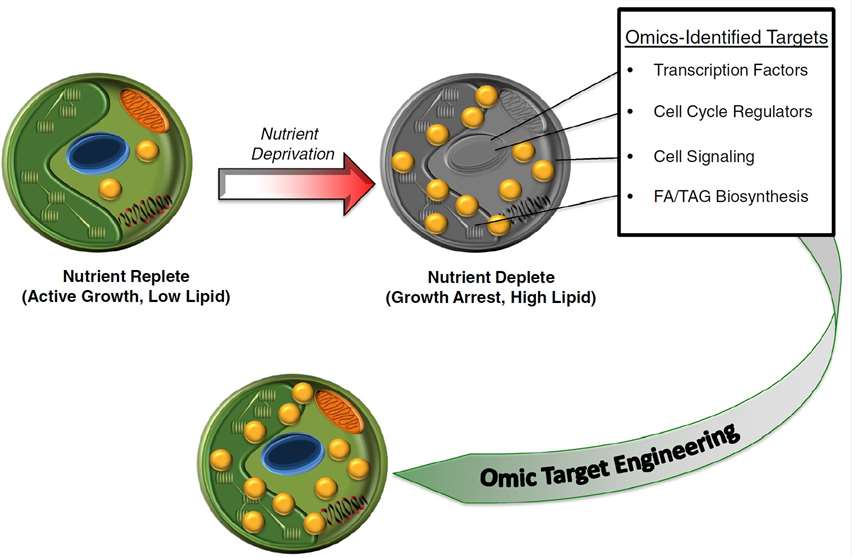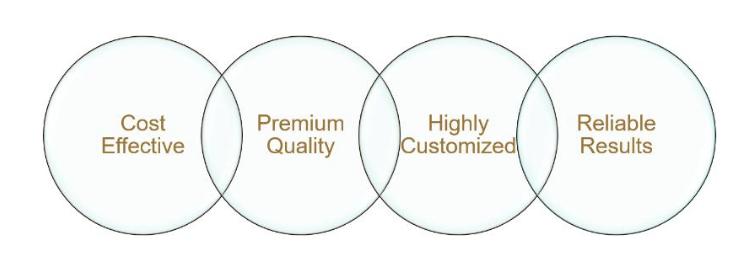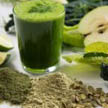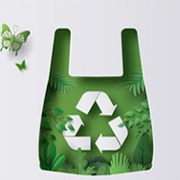Algae-Based Production Services
As novel cell factories, algae have diverse bioproducts that can be used for biofuels, nutraceuticals, biomedical, and material science applications.
With years of experience in algae research, Lifeasible has developed sophisticated algae production platforms that allow the biosynthesis of a wide range of algae-based substances.
Manipulation Methods of Algae
Culture and genetic engineering of algae have been two key technologies in algae production. The target material production of algae can be improved in two ways, which are increasing the density of algae per unit volume and increasing the target material production per algae.
Three Applications of Algae Production
- Algal Biofuels
Algological applications have been widely used for the research and production of biofuels. The first evidence of the production potential of algal biofuels is the demonstration of the metabolic capacity of algae for biohydrogen and biomethane production. Subsequently, it was found that algal lipid content can accumulate more than 60% of stem cell weight, with a large proportion of these lipids stored as TAG (Triacylglycerides) which is a precursor material that can be converted into biodiesel. Fig.1 Schematic overview of a representative omic-driven strain engineering strategy. (Guarnieri, M. T., & Pienkos, P. T., 2015, Photosynthesis research)
Fig.1 Schematic overview of a representative omic-driven strain engineering strategy. (Guarnieri, M. T., & Pienkos, P. T., 2015, Photosynthesis research) - Algal Nutraceuticals
Microalgae have long been grown commercially for large-scale production of food, dietary supplements, and animal feed, such as omega-3 fatty acids, due to their ability to accumulate large amounts of health-promoting carotenoids such as beta-carotene and astaxanthin, as well as polyunsaturated fatty acids (PUFA).
For example, carotenoids have antioxidant activity and can be synthesized via the mevalonate (MVA) or the methylerythritol phosphate (MEP) pathways. In Chlamydomonas reinhardtii, the accumulation of target substances in these pathways can be effectively promoted under different photoperiod, light and metabolite growth regimens.
- Algal Pharmaceuticals and Therapeutics
With the development of gene transformation technology, it is now possible to rapidly and stably transform a wide range of algal strains. One area of particular interest for algal drugs is the development of oral vaccines, which are safer and have lower processing requirements.
"Safe to Consume" Status of Microalgae
The remarkable fact that multiple types of algae have been granted GRAS (Generally Recognized as Safe) status creates a broad path for their use as attractive cell factories. For example, some green microalgae species, such as Chlorella and Duna algae, which are known to be rich suppliers of vitamins, lipids, and other bioactive compounds, are also considered GRAS.

Our Services
As a multi-functional, algae can be applied to produce a variety of substances with commercial and medical value. With many years of experience in algae research, Lifeasible can provide high-quality algae-based production services to meet the various needs of our customers.
Why Choose Us

As a well-known CRO company, Lifeasible has the professional equipment, rich knowledge resource, and excellent research teams to undertake quality algae-based production services. Please contact us for more information.
Reference
- Guarnieri, M. T., & Pienkos, P. T. (2015). Algal omics: unlocking bioproduct diversity in algae cell factories. Photosynthesis research, 123(3), 255–263.
Our services are for research use only and not for any clinical use.



